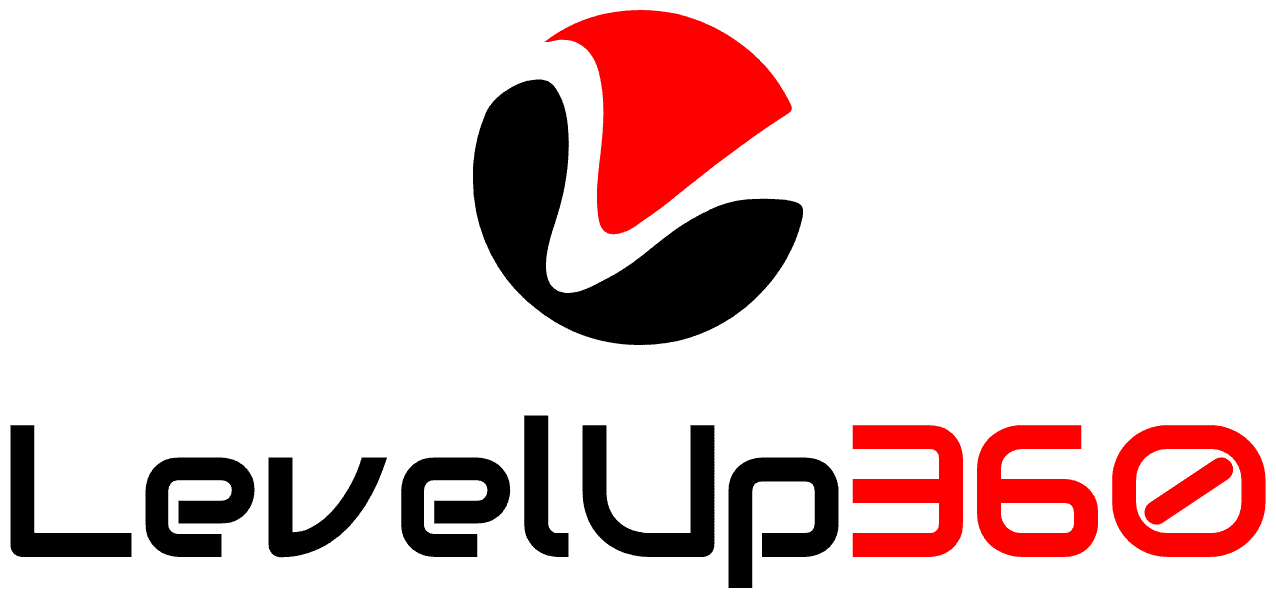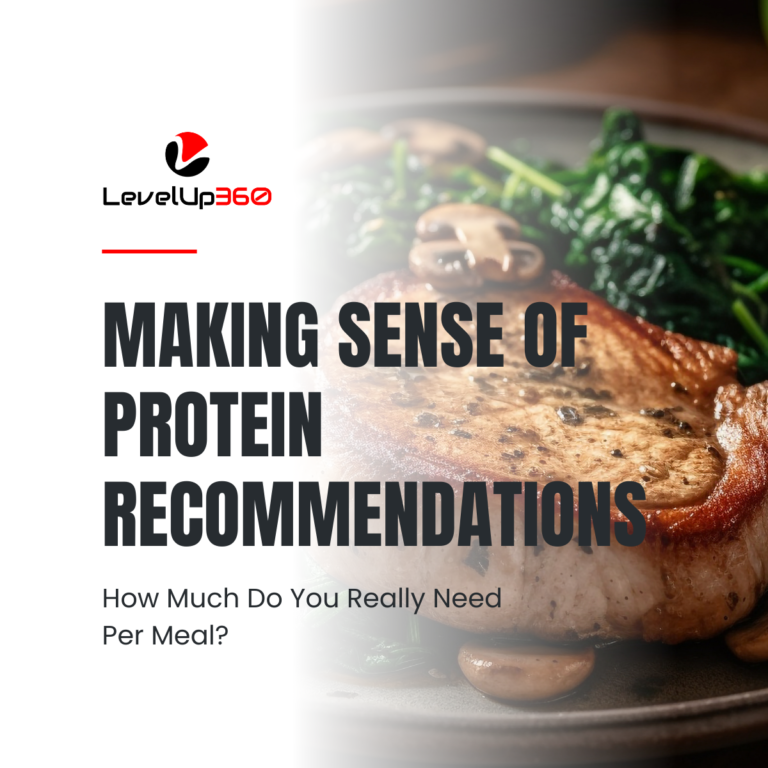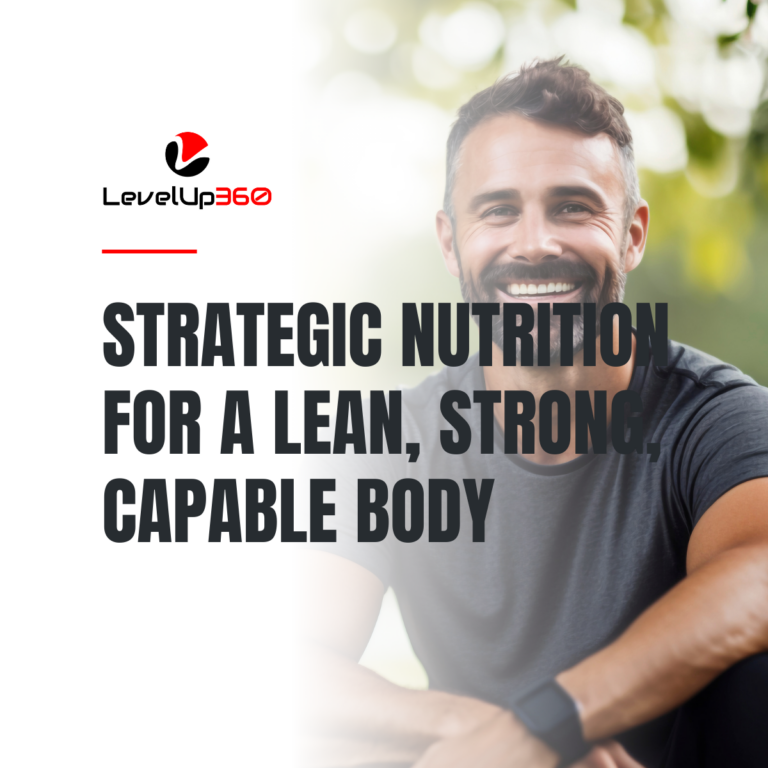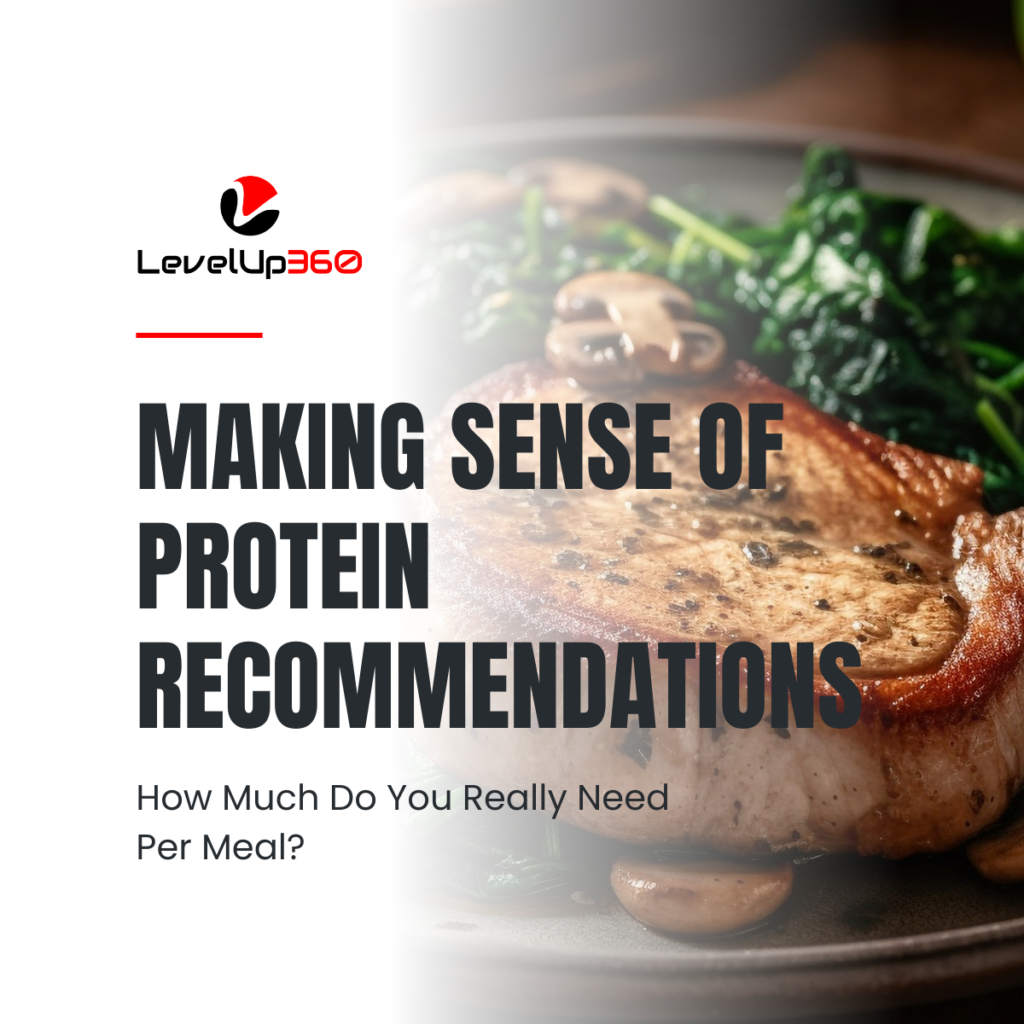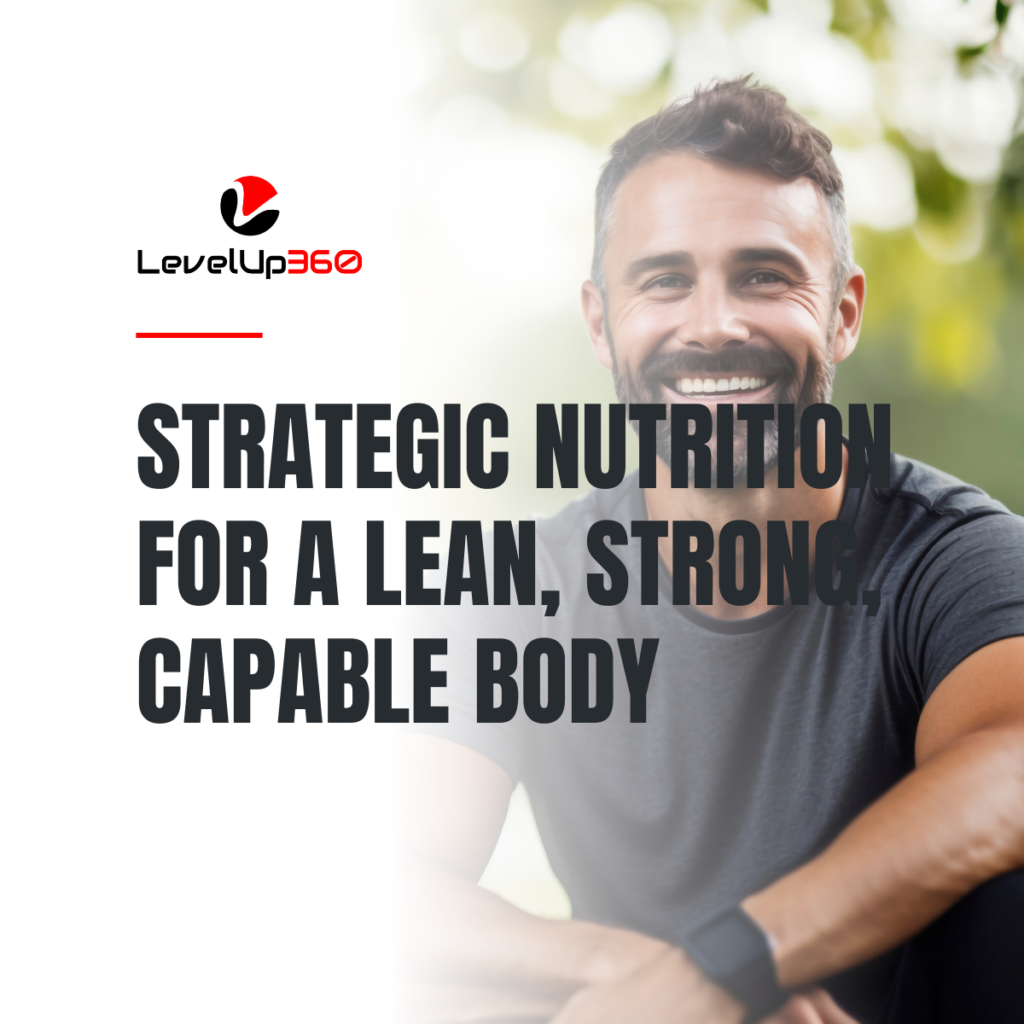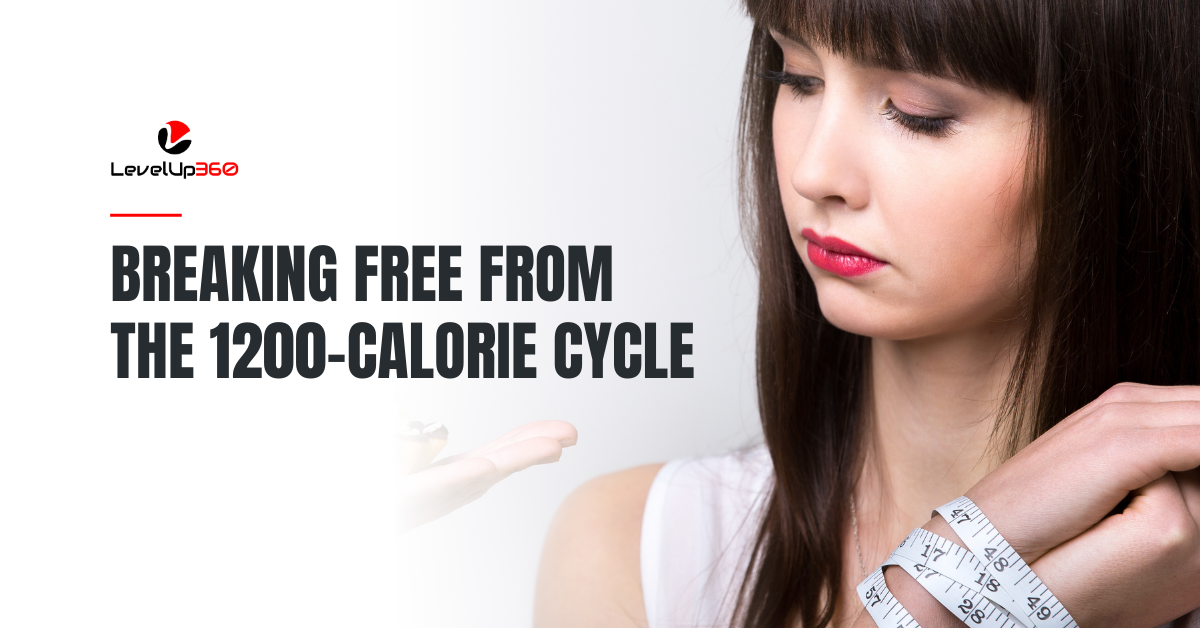
Breaking Free from the 1200-Calorie Cycle
Are you tired of the restrictive 1200-calorie diet that leaves you feeling deprived and trapped? Do you want to break free from this cycle and discover a healthier approach to weight loss? In this comprehensive guide, we will delve deeper into the dangers of low-calorie diets, debunk misconceptions, and provide you with practical strategies to achieve sustainable and enjoyable weight loss. Are you ready to take the leap towards a healthier lifestyle?
Your metabolism plays a crucial role in weight loss. It determines how efficiently your body burns calories and functions
Understanding Individual Calorie Needs
One of the most important aspects of effective weight loss is understanding that your calorie intake is unique to you. No two individuals have the same energy requirements, and your calorie needs are influenced by various factors, including age, gender, height, weight, activity level, and metabolism. It’s time to let go of the one-size-fits-all approach and embrace the idea that your calorie needs are specific to your body.
The Pitfalls of a 1200-Calorie Diet
Let’s address the elephant in the room – a 1200-calorie diet is not sustainable in the long run. It can have adverse effects on your metabolism, wreak havoc on your relationship with food, and lead to muscle wasting.
Severely restricting your calorie intake can have adverse effects on your overall health and well-being. Here are some key concerns:
- Metabolic Adaptation: Your body is a remarkable machine that adapts to changes in calorie intake. When you consistently consume only 1200 calories, your metabolism slows down to conserve energy. This adaptation makes it increasingly difficult to lose weight and can lead to frustrating weight loss plateaus.
- Muscle Wasting: Inadequate calorie intake coupled with intense physical activity can result in muscle wasting. Your body may break down muscle tissue to meet its energy needs, which not only compromises your strength and physique but also lowers your overall metabolic rate. Are you willing to sacrifice your hard-earned muscle for the sake of a restrictive diet?
- Nutrient Deficiencies: Restricting your calorie intake severely limits the variety and quantity of foods you can consume. This restriction can lead to nutrient deficiencies, as your body may not receive an adequate supply of essential vitamins, minerals, and macronutrients. Are you prepared to compromise your long-term health for short-term weight loss?
Understanding Metabolism and Relationship with Food
Your metabolism plays a crucial role in weight loss. It refers to the processes by which your body converts food into energy. When you consistently consume low calories, your metabolism slows down in an effort to conserve energy. This metabolic slowdown can hinder your weight loss progress and make it challenging to maintain your desired weight in the long run. Additionally, a restrictive 1200-calorie diet often leads to an unhealthy relationship with food. Thoughts of food may consume your every waking moment, and you may develop a fear of eating beyond the prescribed limit. Are you ready to rebuild a healthy and balanced relationship with food while revitalizing your metabolism?
The Power of Gradual Calorie Increase:

Breaking free from the 1200-calorie cycle requires a gradual increase in your calorie intake. It’s important to transition slowly and allow your body to adapt to higher calorie levels. Here’s how you can approach this:
- Assess Your Current Caloric Intake: Begin by accurately tracking your daily calorie intake. Use a reliable food diary or mobile app to record everything you eat and drink. This assessment will help you determine your baseline calorie intake and identify areas for improvement.
- Determine Your Caloric Needs: Use online calculators to estimate your daily calorie needs based on your age, gender, weight, height, activity level, and weight loss goals. This estimation will provide you with a more accurate understanding of the calorie range you should be aiming for.
- Gradually Increase Calorie Intake: Once you have determined your target calorie range, start increasing your daily intake slowly. Add an extra 100-200 calories to your diet initially and monitor how your body responds. Pay attention to any changes in energy levels, hunger cues, and overall well-being. If you feel comfortable, gradually increase your calorie intake further until you reach a sustainable level that supports your weight loss goals.
- Focus on Nutrient-Dense Foods: As you increase your calorie intake, prioritize nutrient-dense foods that provide essential vitamins, minerals, and macronutrients. Include a variety of fruits, vegetables, whole grains, lean proteins, and healthy fats in your meals. These foods will nourish your body and support optimal health while keeping you satiated.
- Listen to Your Body: Throughout this process, it’s crucial to listen to your body’s cues. Pay attention to hunger and fullness signals, as well as any changes in your energy levels and mood. Adjust your calorie intake accordingly, ensuring that you provide your body with the fuel it needs without overeating or undereating.
Setting Realistic Expectations
It’s important to manage your expectations during this transition. Understand that weight loss is not a linear process and that sustainable results take time. Here are a few key points to keep in mind:
- Focus on Non-Scale Victories: While the scale can be a helpful tool to track progress, it’s essential to look beyond the numbers. Celebrate non-scale victories such as increased energy levels, improved sleep, enhanced mood, and positive changes in body composition. These victories indicate that you’re moving in the right direction, regardless of what the scale says.
- Patience and Consistency: Sustainable weight loss requires patience and consistency. It’s not about achieving rapid results but rather establishing healthy habits that you can maintain for the long term. Embrace the journey and trust the process, knowing that slow and steady progress will lead to lasting success.
- Seek Support: Surround yourself with a supportive network of friends, family, or professionals who understand your goals and encourage your progress. Consider working with a registered dietitian or a qualified weight loss coach who can provide personalized guidance, support, and accountability throughout your journey.
Embracing Sustainable Weight Loss
Breaking free from the 1200-calorie cycle opens doors to a sustainable weight loss journey, improved metabolism, and a healthier relationship with food. Remember, your calorie needs are unique to you, and it’s crucial to nourish your body adequately. By gradually increasing your calorie intake, focusing on nutrient-dense foods, and setting realistic expectations, you’ll pave the way for long-term success and a balanced lifestyle.
In Conclusion

By understanding the dangers of low-calorie diets, embracing a gradual increase in your calorie intake, and setting realistic expectations, you’re on the path to sustainable and enjoyable weight loss. Remember, this journey is about nourishing your body, revitalizing your metabolism, and developing a healthy relationship with food. Are you ready to embrace a healthier lifestyle and discover the joy of sustainable weight loss? The choice is yours.
Recommended reading
Recommended reading
Additional Resources
Feeling in control of your health
If you are interested in improving your health and wellness, check out other resources such as Our Blog, Free Resources and/or join our private Body-Mind Transformation Secrets Community on Facebook, and The 360 Transformation Blueprint Podcast on Spotify and go on an even deeper dive with me to uncover how to succeed in your health and wellness goals.
You may also be interested in our Sleep Secrets Cheat Sheet. It is a great resource with strategies to fix and optimize your sleep which is crucial to succeeding in your health and wellness goals.
Resources
Pictures
